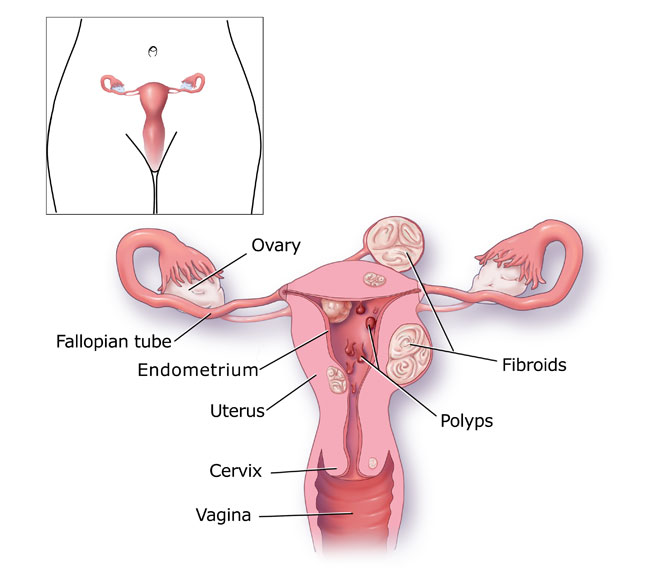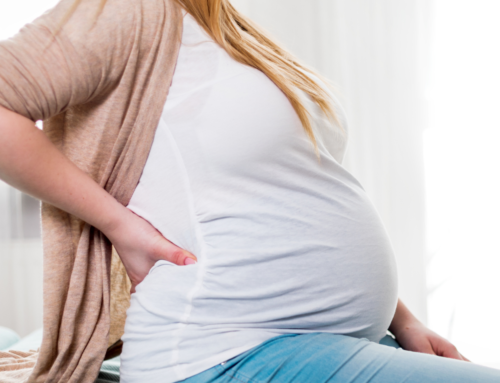Normal periods should last less than 7 days, be regular between 21-35 days apart, and produce less than 80 cc of blood per cycle (that’s equivalent to about 3 ounces or 3 shots of whiskey). When a woman experiences heavy periods, she may suffer from anemia, fatigue, and heart palpitations and may miss work or social activities, spend more on feminine products, and have a less satisfying personal and intimate life.

Causes
Causes for heavy periods vary with age, but in general are due to one of the following:
- lack of regular ovulation, which may be due to obesity, polycystic ovaries, or hormonal issues
- fibroids or polyps, which are benign growths of the uterus
- bleeding disorders
- medication side effects, particularly blood thinners
- thyroid function abnormalities
- precancerous or cancerous cells in the uterus
Treatment
At Michigan Women’s Care, we have been providing excellence in the management of heavy periods since 2006. Options to evaluate and treat depend on the cause, age, and reproductive desires of the patient. When needed, lifestyle changes like weight loss and exercise are always recommended.
We may recommend some blood work baseline tests, ultrasound, uterine biopsy, or hysteroscopy (a minor procedure to look into the uterus with a thin camera scope). We partner with our patients to come up with the most optimal plan of care. Options for treatment include:
- hormones such as birth control pills, progestins, IUD’s, patches, or vaginal rings
- anti-inflammatory meds taken before and during the cycle to decrease swelling and bleeding from the uterus
- newer medications like Lysteda, which help thicken and clot menstrual blood, therefore decreasing overall blood loss significantly
- uterine ablation such as Novasure, which is appropriate for women who have completed or don’t desire fertility, and is a minor outpatient hormone free and very effective option
- removal of fibroids or polyps surgically, and our doctors are trained in traditional, and minimally invasive surgical techniques
- hysterectomy if necessary, and we offer robotic assisted minimally invasive surgery to the appropriate patient for quicker recoveries and less pain
Last year, a new and exciting option for treatment of heavy periods due to fibroids in premenopausal women was approved by the FDA. This new option, called Oriahnn, helps to significantly reduce menstrual bleeding by nearly 90% at 6 months of use. It is a major breakthrough in women’s health, and our doctors recommend it for the appropriate patient.
We urge you to not ignore your heavy or prolonged menstrual cycles. Make an appointment with one of our providers, and even a telemedicine visit can give us enough information to start the workup and treatment recommendations.
Wishing you health and wellness!
The Michigan Women’s Care Team




